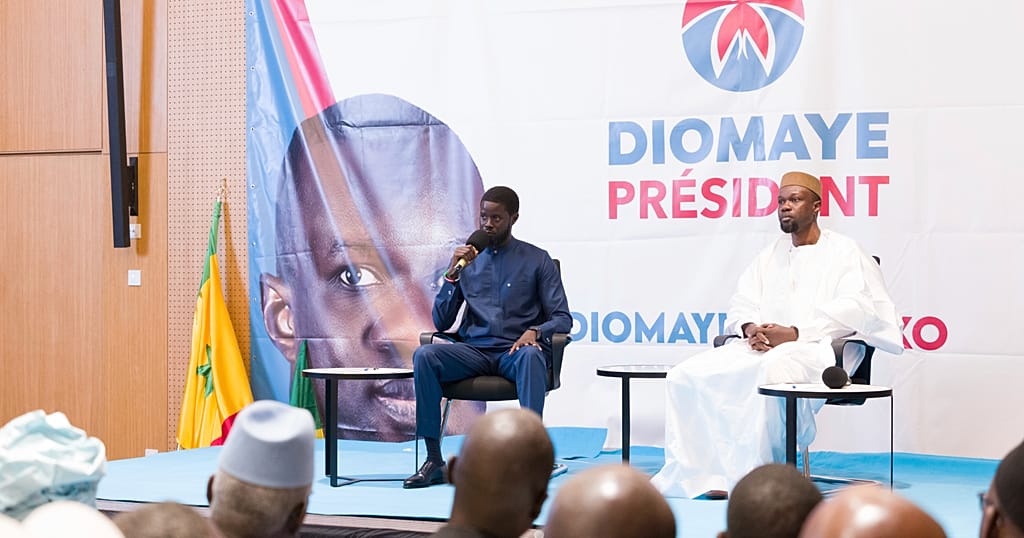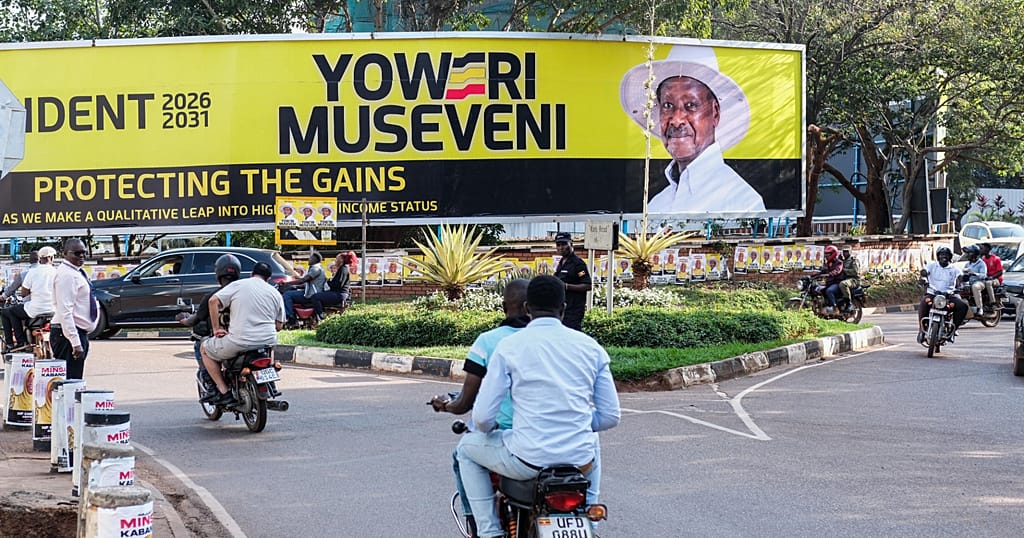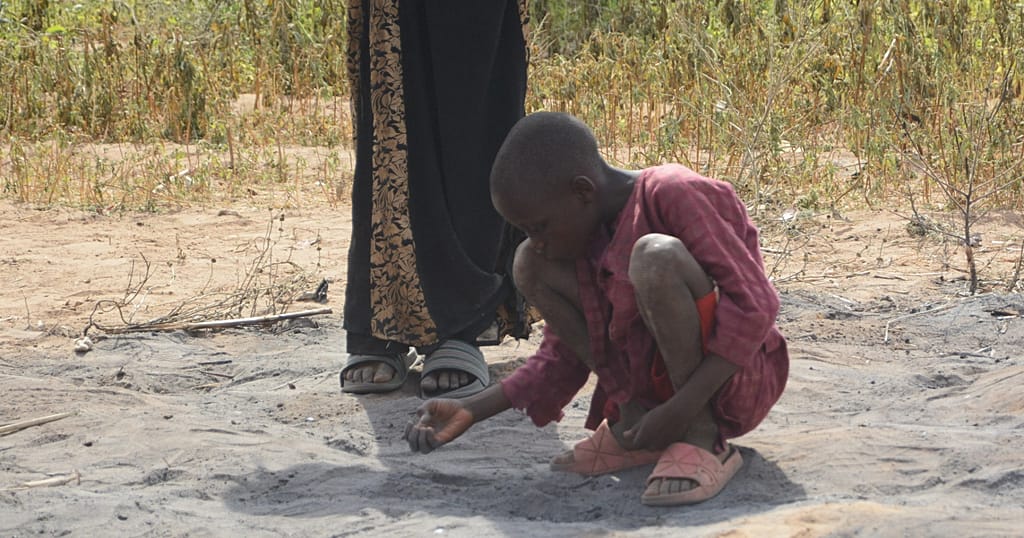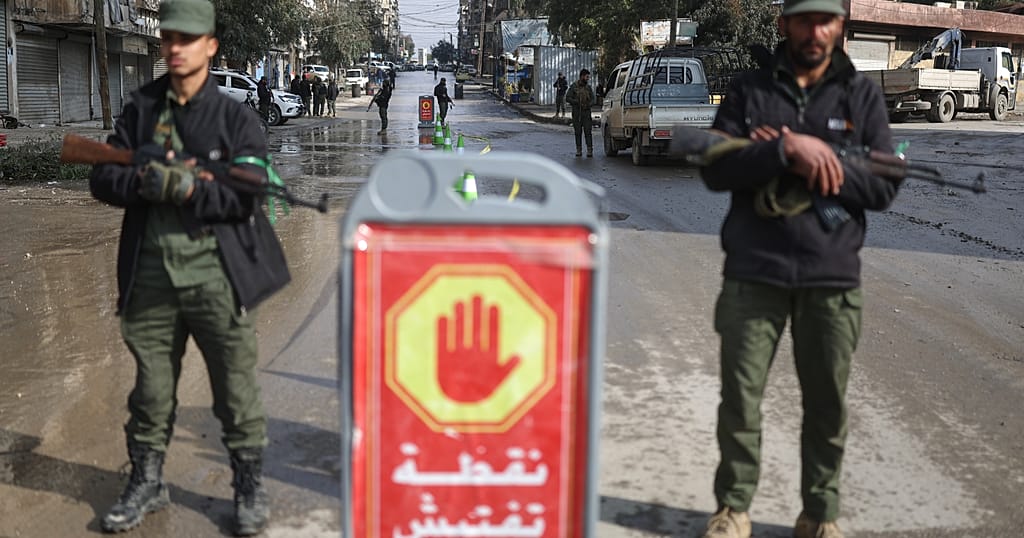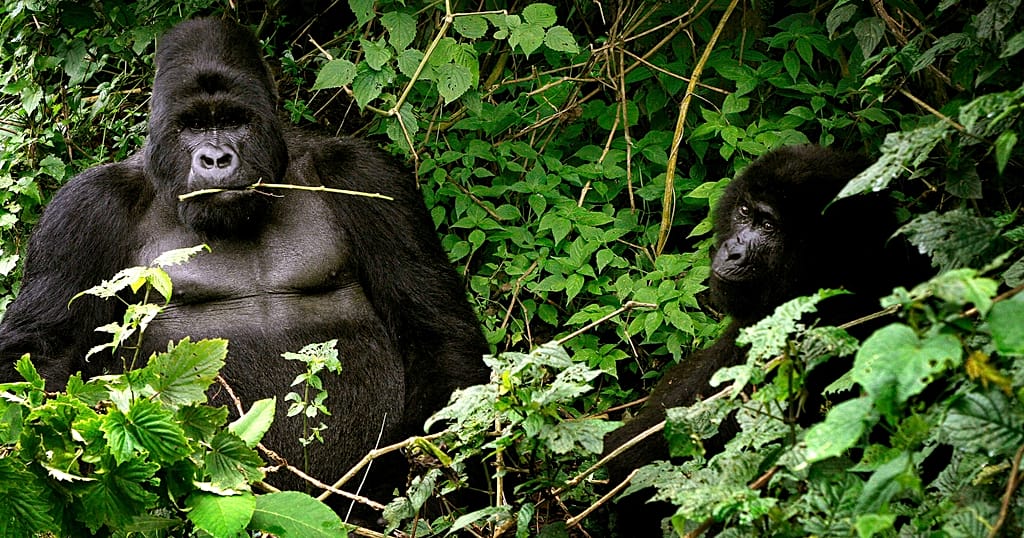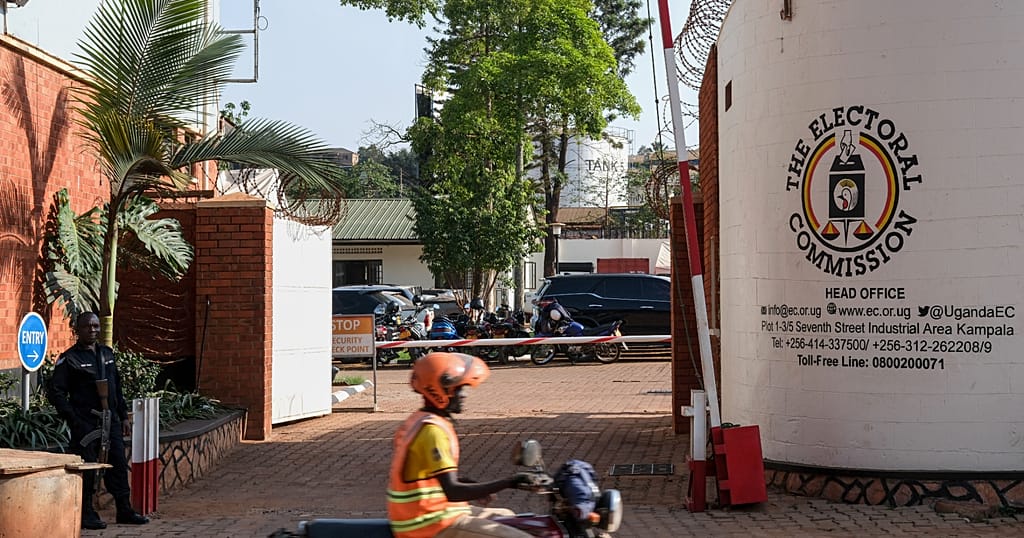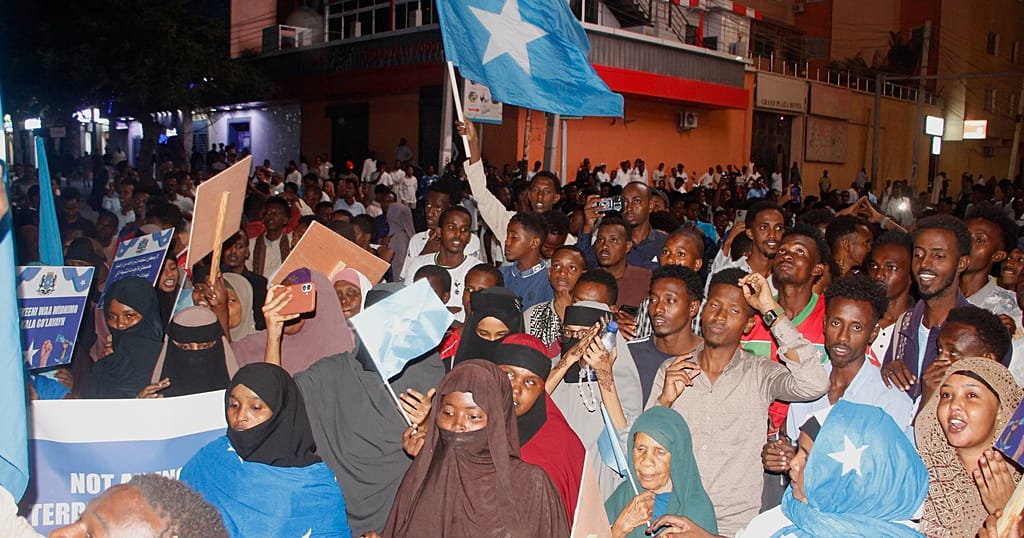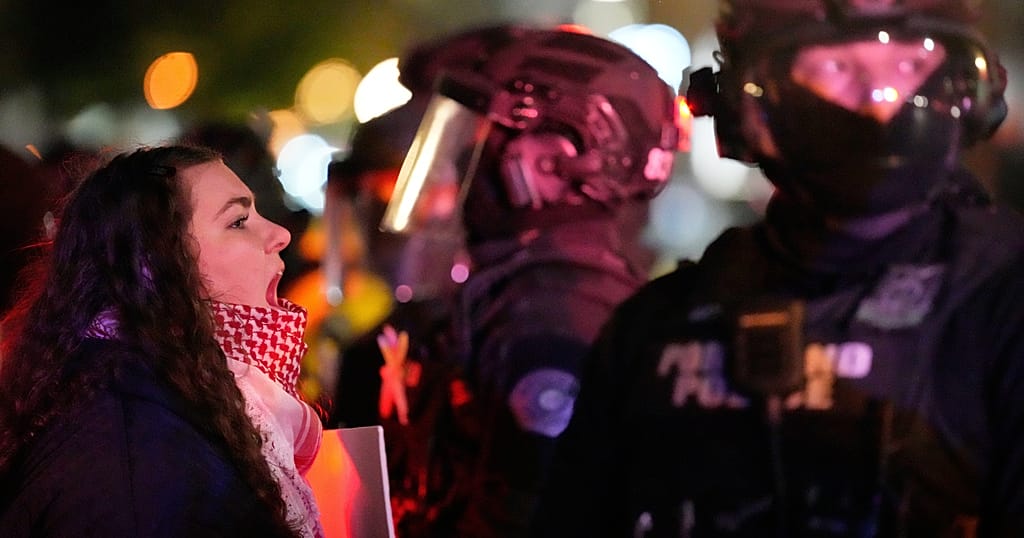Niger, under sanctions, commissions a new photovoltaic power plant

Niger’s electricity company (Nigelec) has commissioned a 30-megawatt photovoltaic plant to compensate for major shortages since Nigeria stopped supplying electricity to Niger in response to the July coup, the country’s energy minister announced on Sunday.
Equipped with more than 55,000 solar panels, this power station is the largest solar energy infrastructure ever built in Niger.
Nigelec is already seeing an “improvement in the quality of service” for its subscribers, particularly in the capital Niamey (population 1.5 million), Dosso (south) and Tillabéri (west), explained Mahaman Moustapha Barké, Niger’s energy minister, on television.
The plant was due to be operational on 25 August, but its commissioning was delayed by the departure from Niger of “most of the technical staff” expatriated after the military coup of 26 July, he said.
The start-up of the power station was made possible by “certain technicians” who remained in Niamey, he added, without giving further details.
The French embassy in Niger warned in a statement on Sunday that “as the power station could not be completed in the conditions initially planned, there are nevertheless operational risks”.
The plant was inaugurated on 5 July by the president overthrown by the coup, Mohamed Bazoum, and by Josep Borrell, the head of EU diplomacy.
The power station cost 20 billion CFA francs (30.4 million euros) and was financed by a loan of 15.5 billion CFA francs (23.6 million euros) from the French Development Agency (AFD) and a grant of 3.5 billion CFA francs (5.3 million euros) from the European Union (EU).
For the past four months, almost all the districts of Niamey have been suffering from major power cuts, as Nigeria stopped supplying Niger as part of the sanctions imposed in response to the coup d’état by the Economic Community of West African States (ECOWAS), led by Nigerian President Bola Tinubu.
Before the coup, Nigeria supplied 70% of the electricity purchased by Nigelec – the country’s sole supplier – according to a 2022 report by the company.
Source: Africanews




